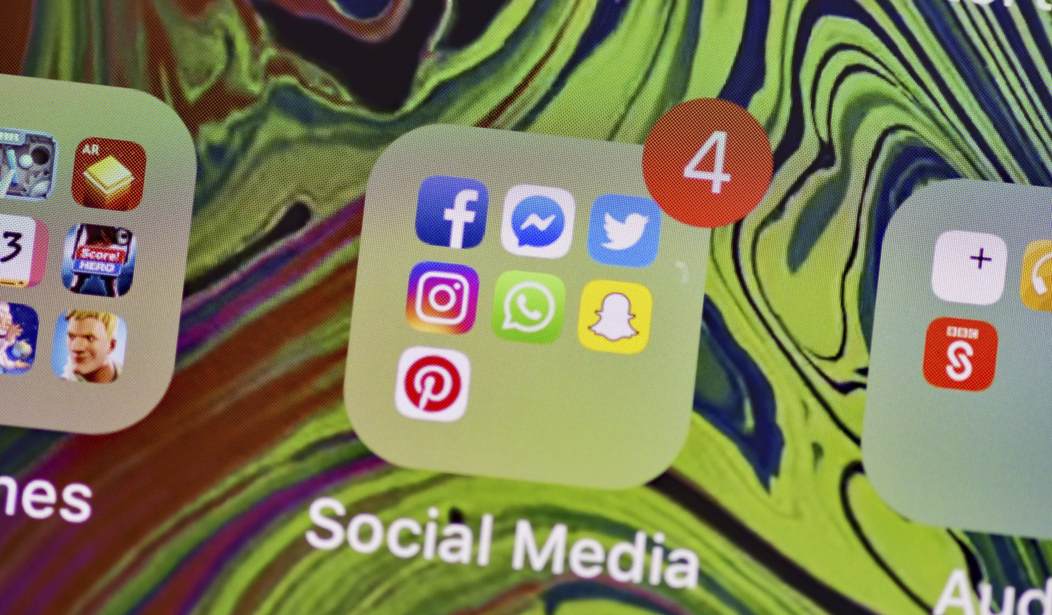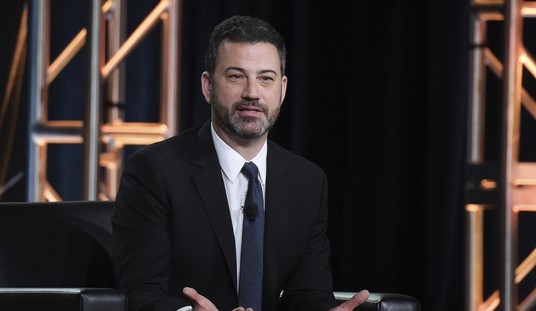The pro-life group Live Action is considering lawsuits against YouTube and Pinterest for breach of contract, discrimination, and unfair business practices, alleging that both social media companies censored Live Action, in violation of their contracts with the companies. Last month, Live Action sent a legal demand letter to both companies, giving them a deadline of August 30 to respond. Neither responded by the deadline.
“Live Action is currently looking at all legal options with respect to YouTube’s and Pinterest’s censorship,” Lila Rose, the organization’s founder and president, told PJ Media on Friday.
Live Action claimed that YouTube censored their highest-performing video by suppressing it in the search results. The demand letter cited a December 2018 Slate article in which April Glaser bragged about getting YouTube to rearrange its search results for the word “abortion,” partially because she disagreed with the pro-life videos found in the search results.
“Remarkably, YouTube granted her request, and modified the search results, artificially forcing Live Action’s ‘Abortion Procedures’ video series from one of the top search results to well below 150th,” the demand letter noted.
The letter also claimed that YouTube has effectively barred Live Action from placing ads on its videos. Specifically, the pro-life group complained about “a substantial delay and other complications in YouTube’s approval and delivery of Live Action’s video ads.” In many cases, YouTube approved the ads but failed to deliver them. “To date, YouTube has not provided any rational, non-pretextual excuse for the failed deliveries.”
While YouTube ads are usually reviewed and start displaying ads within 24 hours, the pro-life group’s ads were often delayed for two weeks.
“We’ve been very public that for a wide range of news and information queries, we have algorithms that are designed to surface authoritative content of all viewpoints, including pro-choice and pro-life videos. This means we bring authoritative content to the top of our search results for abortion-related queries, among many other health and news-related topics,” a YouTube spokesperson told PJ Media. The spokesperson would not comment on Glaser’s impact.
The spokesperson also insisted that YouTube’s “search results and ads policies function the same regardless of whether there are pro-choice or pro-life viewpoints involved.”
The demand letter claimed that YouTube’s alleged censorship involved numerous legal violations, including breach of contract, discrimination that violated California’s Unruh Civil Rights Act, and unfair competition.
“Monetary damages and injunctive relief are available pursuant to these causes of action, and will be sought in court if this matter cannot be promptly resolved,” the letter warned.
In the case of Pinterest, Live Action was put on a blacklist for “porn,” as revealed by Project Veritas. “Pinners were unable to create pins that linked to Live Action’s website,” according to the demand letter. Meanwhile, Pinterest allowed links to Planned Parenthood and other sites with information about abortion, sex, contraceptives, and related topics.
Pinterest employee and whistleblower Eric Cochran revealed the internal domain blacklist. On June 10, 2019, Project Veritas reached out to Pinterest for comment. Within hours, the social media site removed Live Action from its domain blacklist, which Project Veritas confirmed.
On June 11, Project Veritas released its video. Within minutes of that release, Pinteresst sent Live Action an email saying that the pro-life group’s account had been permanently suspended. Pinterest claimed that Live Action had violated the “policies on misinformation” by disseminating “harmful…medical misinformation and conspiracies that turn individuals and facilities into targets for harassment and violence.” The email did not describe how Live Action had supposedly done this, nor did it provide examples.
“Pinterest couldn’t point to a single example where Live Action disseminated ‘medical misinformation’ because there aren’t any,” Lila Rose told PJ Media. “We work with medical experts and board-certified Ob-Gyns to develop our educational content. Such an accusation is merely their attempt to justify the suppression of views that don’t align with Pinterest’s.”
“Americans should be very concerned when huge social media platforms like Pinterest begin to push their own political views on users, rather than allow for the free exchange of ideas,” Rose added.
The demand letter warned that Pinterest’s censorship violated the same laws as YouTube’s actions, resulting in the same legal claims: breach of contract, discrimination, and unfair competition.
Pinterest did not respond to PJ Media’s request for comment by press time.
Live Action may have a strong case, likely stronger against Pinterest than against YouTube.
Follow Tyler O’Neil, the author of this article, on Twitter at @Tyler2ONeil.









Join the conversation as a VIP Member